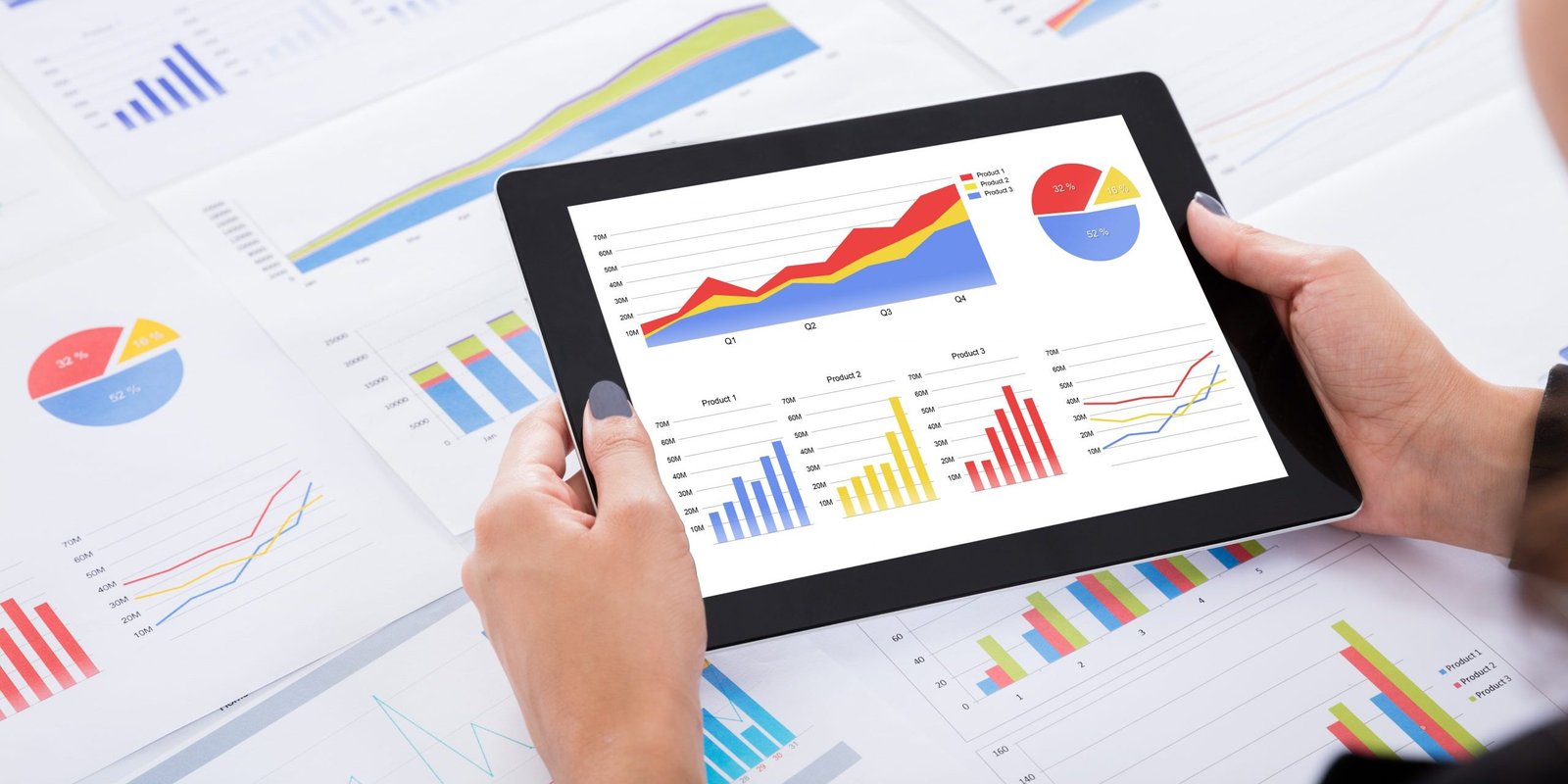What is analytics and reporting in digital marketing?
Analytics and reporting in digital marketing involve tracking, measuring, and analyzing data from various online campaigns to evaluate performance and improve future strategies. It helps businesses understand what’s working, what’s not, and how to achieve better results.
Why Are Analytics and Reporting Important?
In digital marketing, data drives decisions. Without proper analysis, businesses risk wasting time and money on ineffective strategies. Analytics and reporting provide insights into:
- Website traffic and user behavior
- Campaign performance and ROI
- Customer engagement patterns
- Areas that need improvement
Key Components of Analytics in Digital Marketing
1. Data Collection
Gathering information from sources like Google Analytics, social media platforms, and advertising tools.
2. Key Performance Indicators (KPIs)
Defining measurable goals such as website visits, conversions, click-through rates (CTR), or return on ad spend (ROAS).
3. Data Analysis
Interpreting the collected data to identify trends, strengths, and weaknesses in campaigns.
4. Reporting
Presenting results in a clear, actionable format—dashboards, charts, or summaries—to guide decision-making.
Types of Digital Marketing Reports
- Website Analytics Report – Shows traffic, page views, bounce rates, and user engagement.
- SEO Report – Tracks keyword rankings, organic traffic, and backlinks.
- PPC Advertising Report – Measures ad performance, costs, and conversions.
- Social Media Report – Highlights engagement, reach, and audience growth.
- Overall Marketing Performance Report – Combines data from all channels for a complete view.
Benefits of Analytics and Reporting
- Enables data-driven decision-making
- Improves marketing strategies and ROI
- Identifies high-performing and underperforming campaigns
- Enhances customer targeting and personalization
- Provides transparency and measurable results
Final Thoughts
Analytics and reporting are essential for measuring the success of digital marketing efforts. By tracking the right metrics and presenting insights effectively, businesses can optimize campaigns, allocate budgets wisely, and achieve better results over time.






